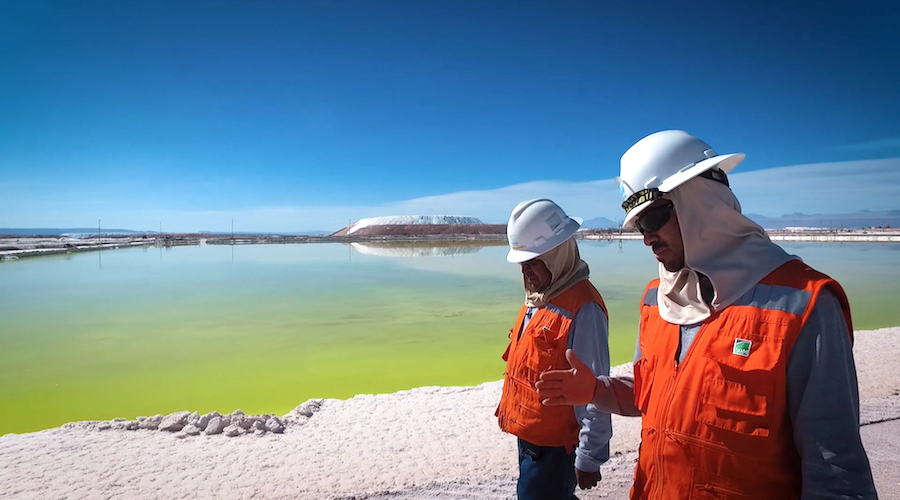
Indigenous communities living around Chile’s Atacama salt flat have asked authorities to suspend lithium miner SQM’s operating permits or sharply reduce its operations until it submits an environmental compliance plan acceptable to regulators, according to a filing viewed by Reuters.
Chile’s SMA environmental regulator in 2016 charged SQM with overdrawing lithium-rich brine from the Salar de Atacama salt flat, prompting the company to develop a $25 million plan to bring its operations back into compliance. Authorities approved that plan in 2019 but reversed their decision in 2020, leaving the company to start again from scratch on a potentially tougher plan.
In the filing, the indigenous council said the ecosystem was in “constant danger” and called for the “temporary suspension” of SQM’s environmental approvals or, where appropriate, “to reduce the extraction of brine and freshwater from the Salar de Atacama.”
“Our request is urgent and…based on the state of environmental vulnerability of the Salar de Atacama,” council president Manuel Salvatierra said in the letter.
SQM, the world’s No. 2 lithium producer, told Reuters in a statement that it was moving forward with a new compliance plan and incorporating changes requested by the regulator to a draft document it submitted in October 2020.
“This is a normal part of the process, so we are working on the observations, which we hope to present this month,” the company said.
The Atacama region, home to SQM and top competitor Albemarle, supplies nearly one-quarter of the globe’s lithium, a key ingredient in the batteries that power cellphones and electric vehicles.
Automakers, indigenous communities and activists, however, have increasingly raised concerns in recent years about the environmental impact of lithium production in Chile.
SQM, which is ramping up production in Chile to meet fast-rising demand, last year announced a plan to slash its use of water and brine at its Atacama operations.
Post time: Sep-14-2021
